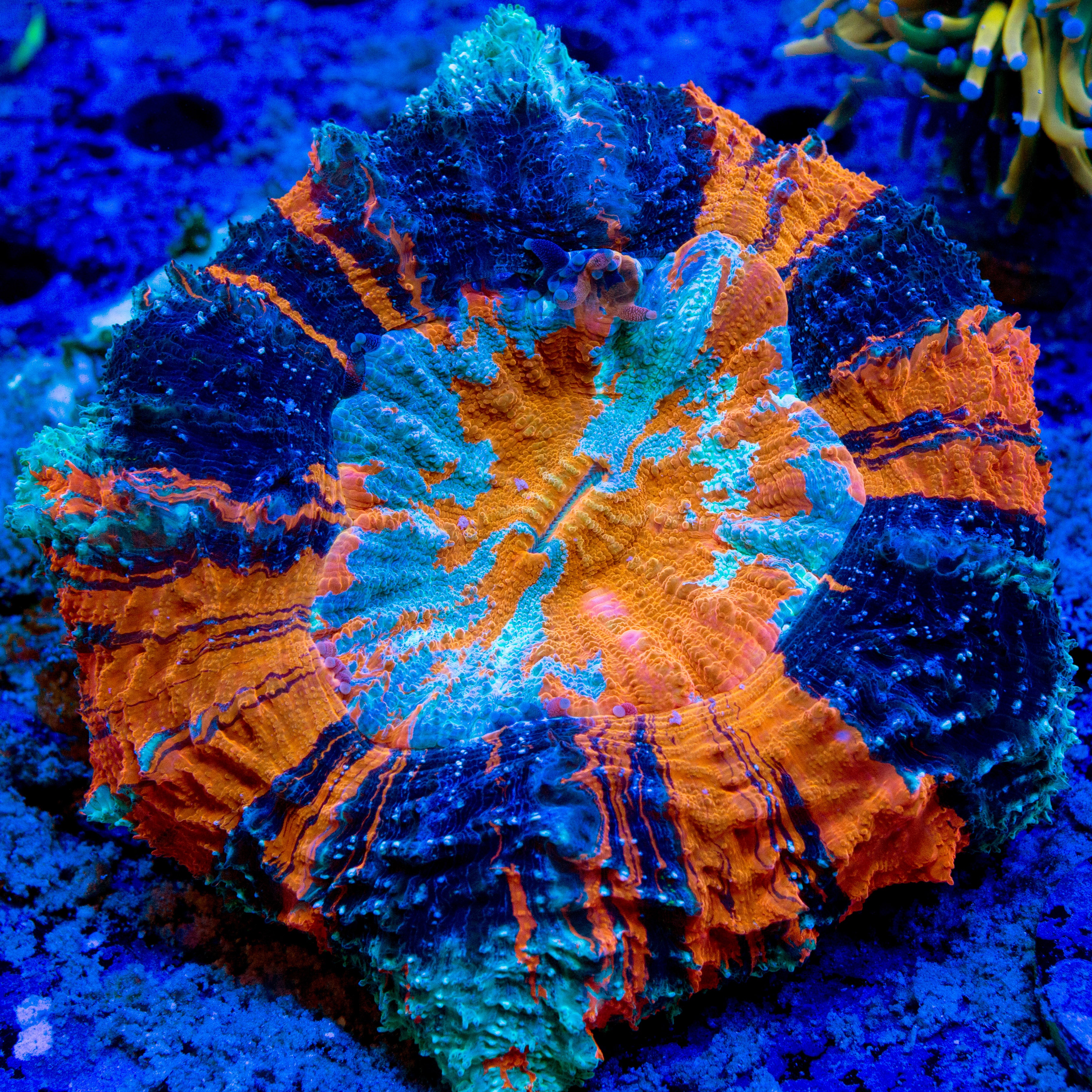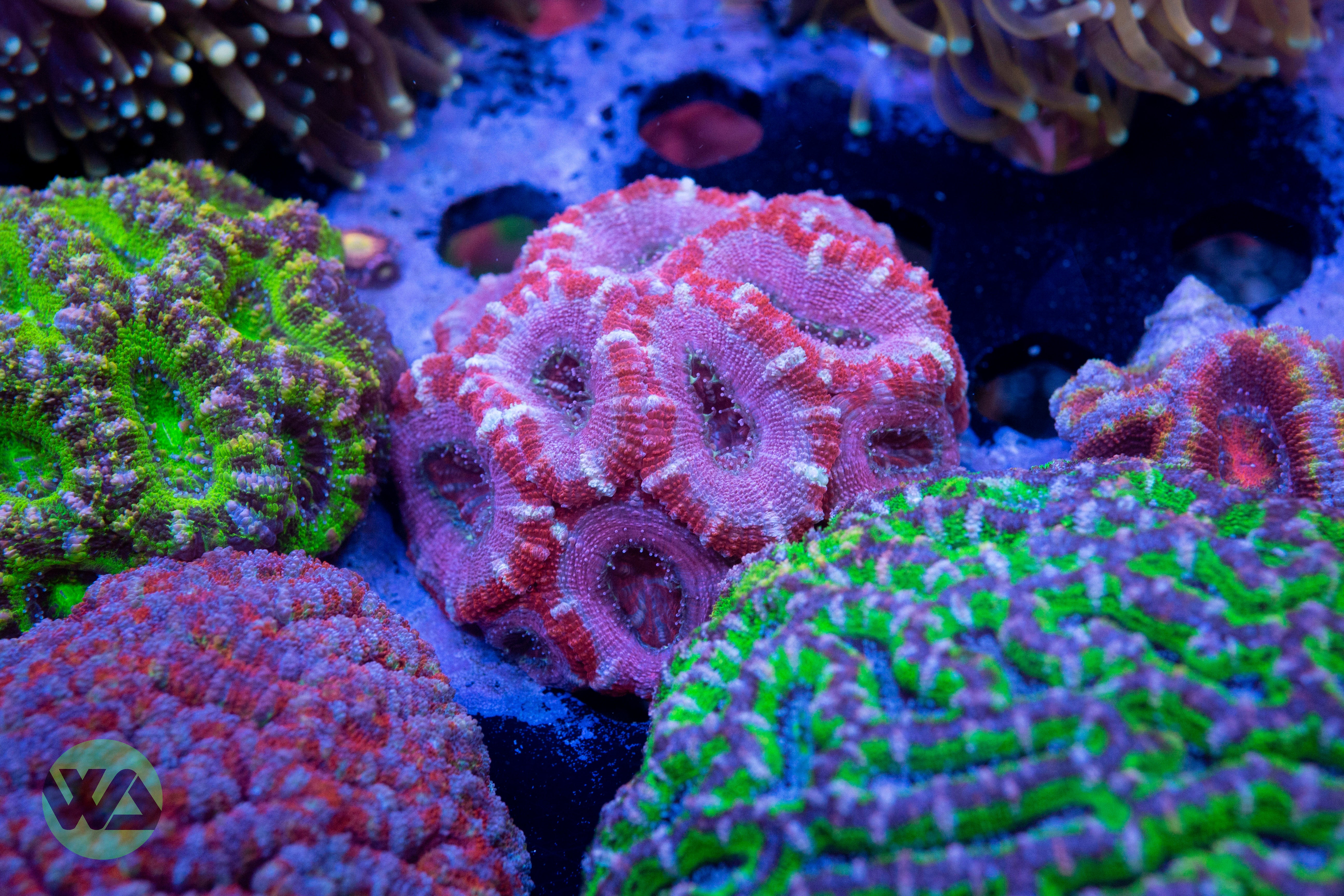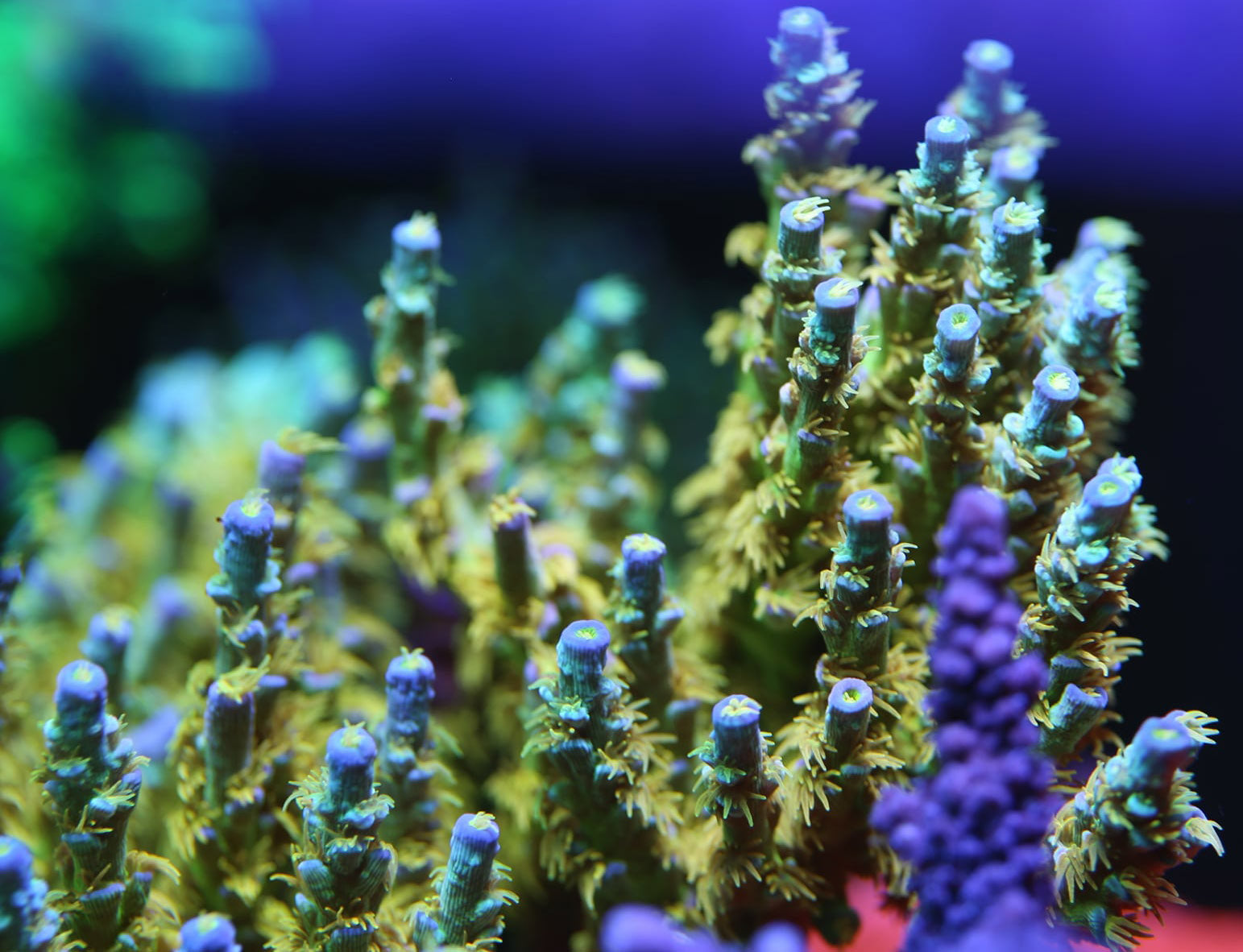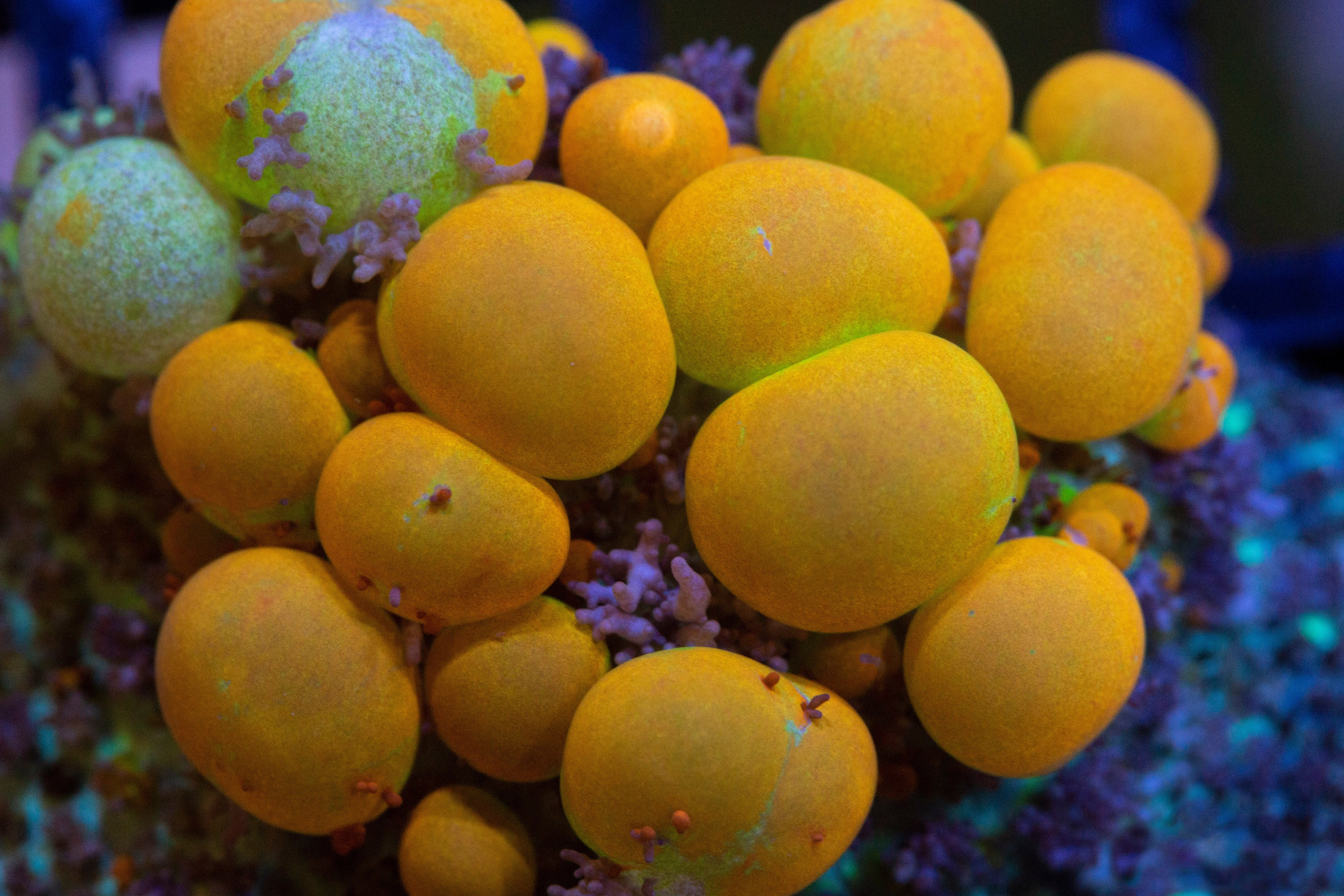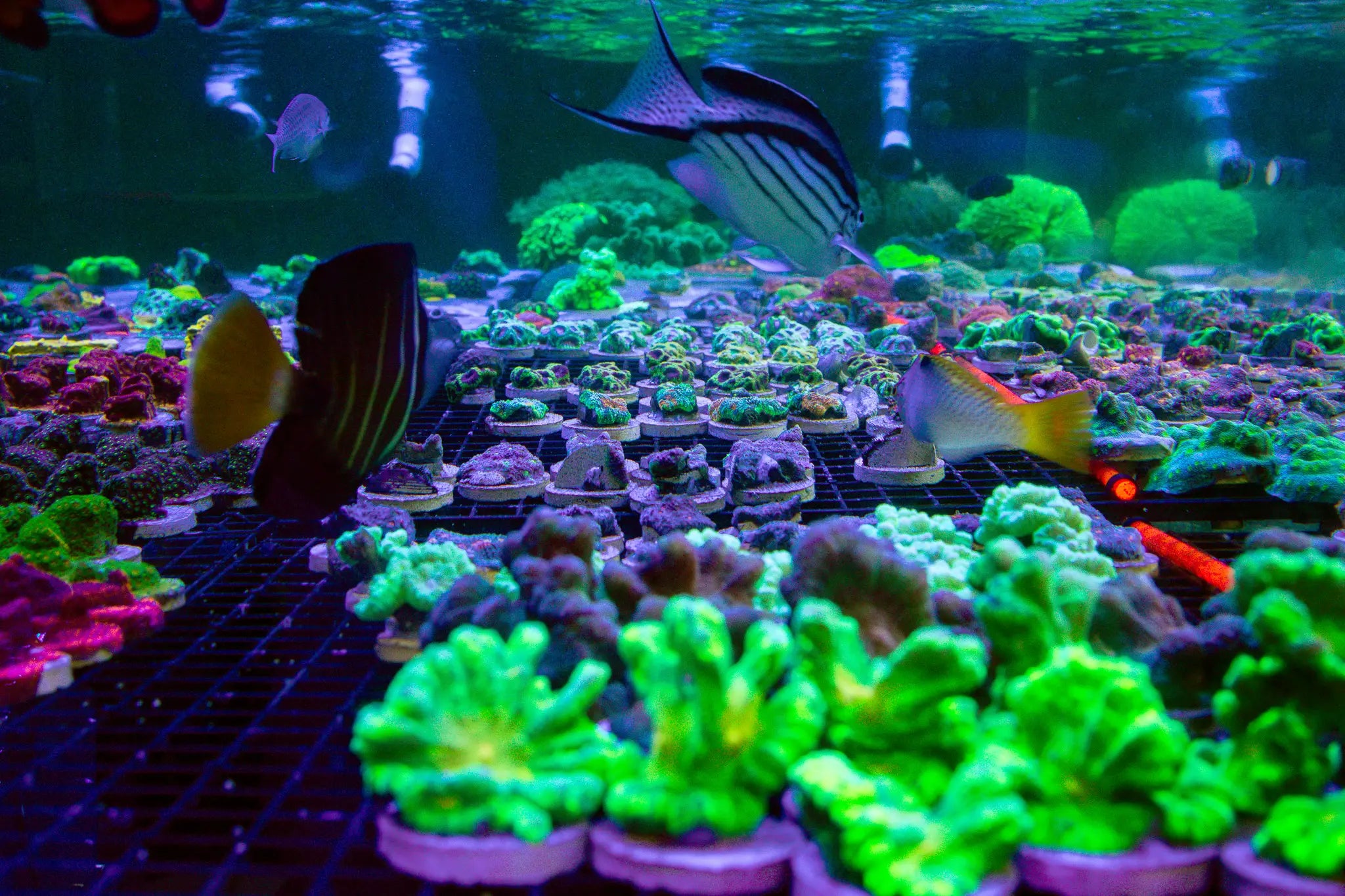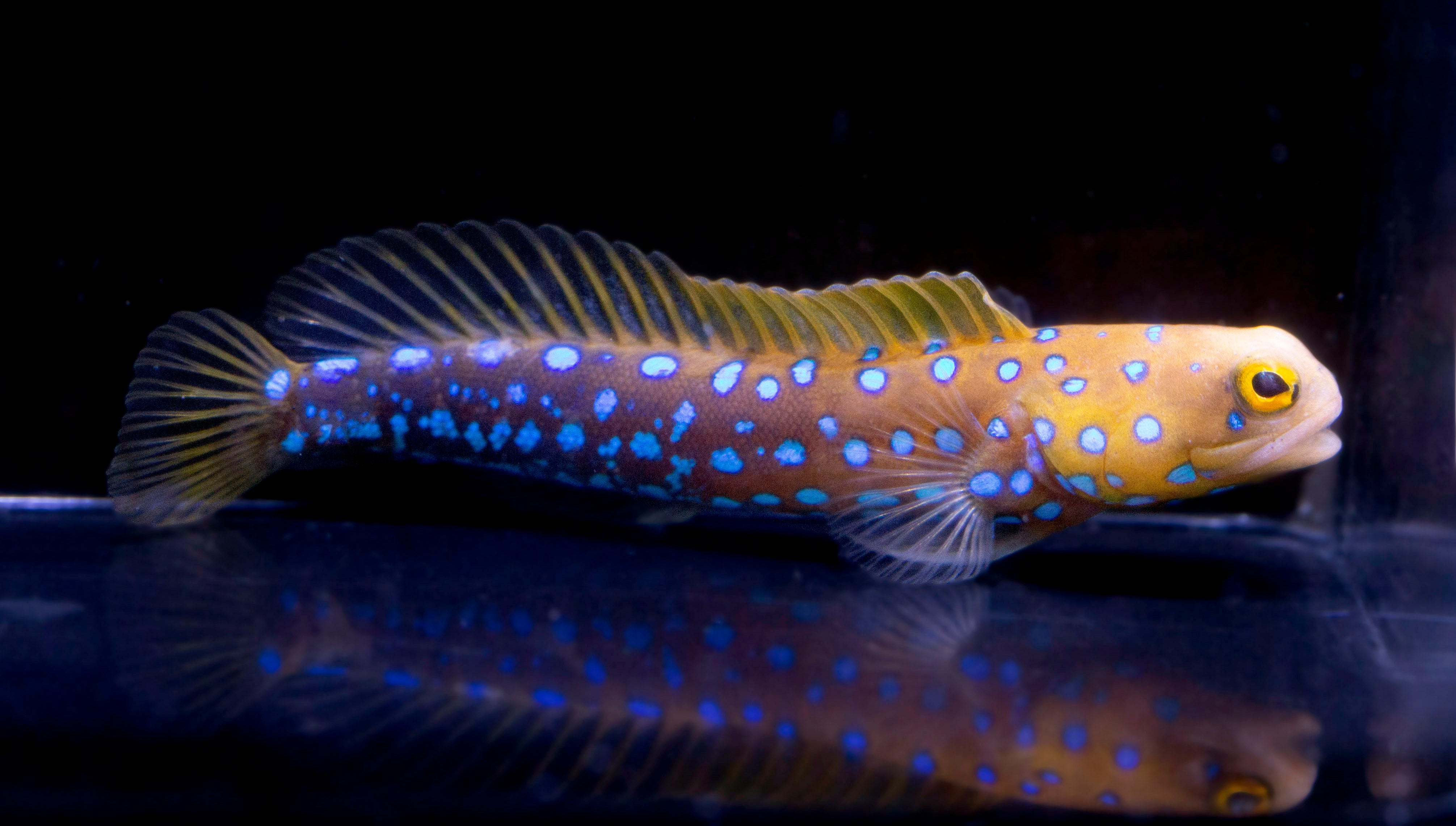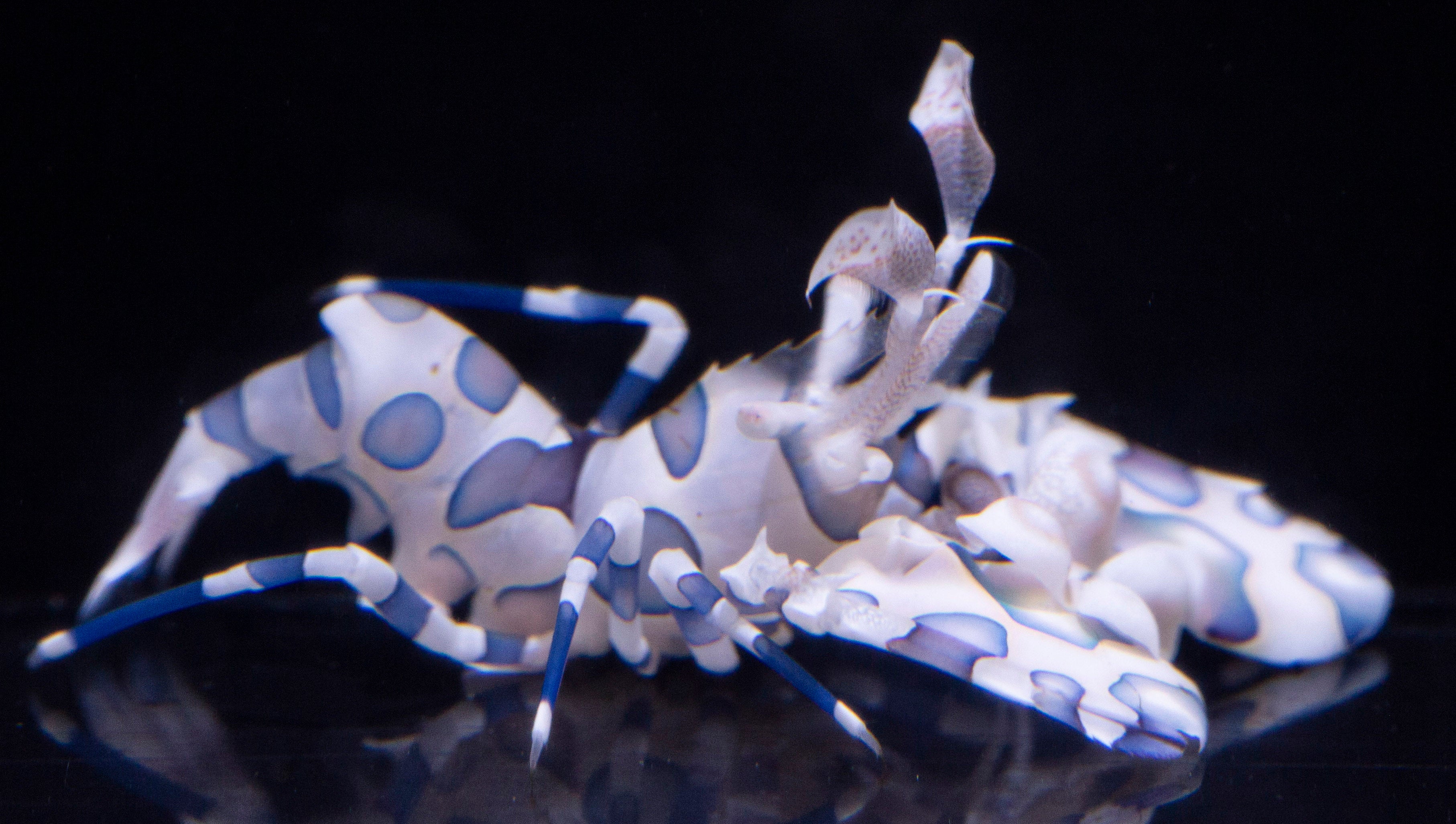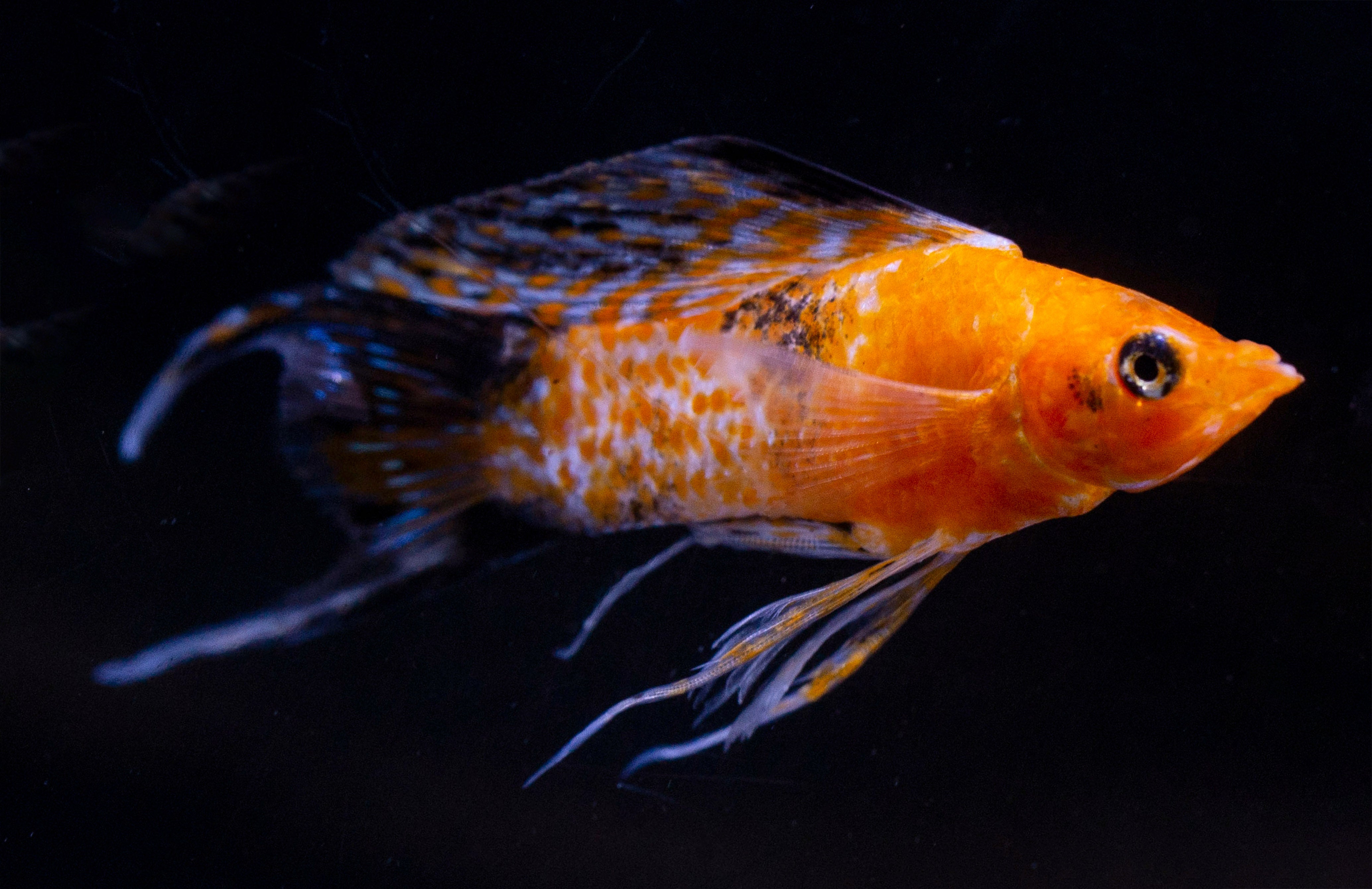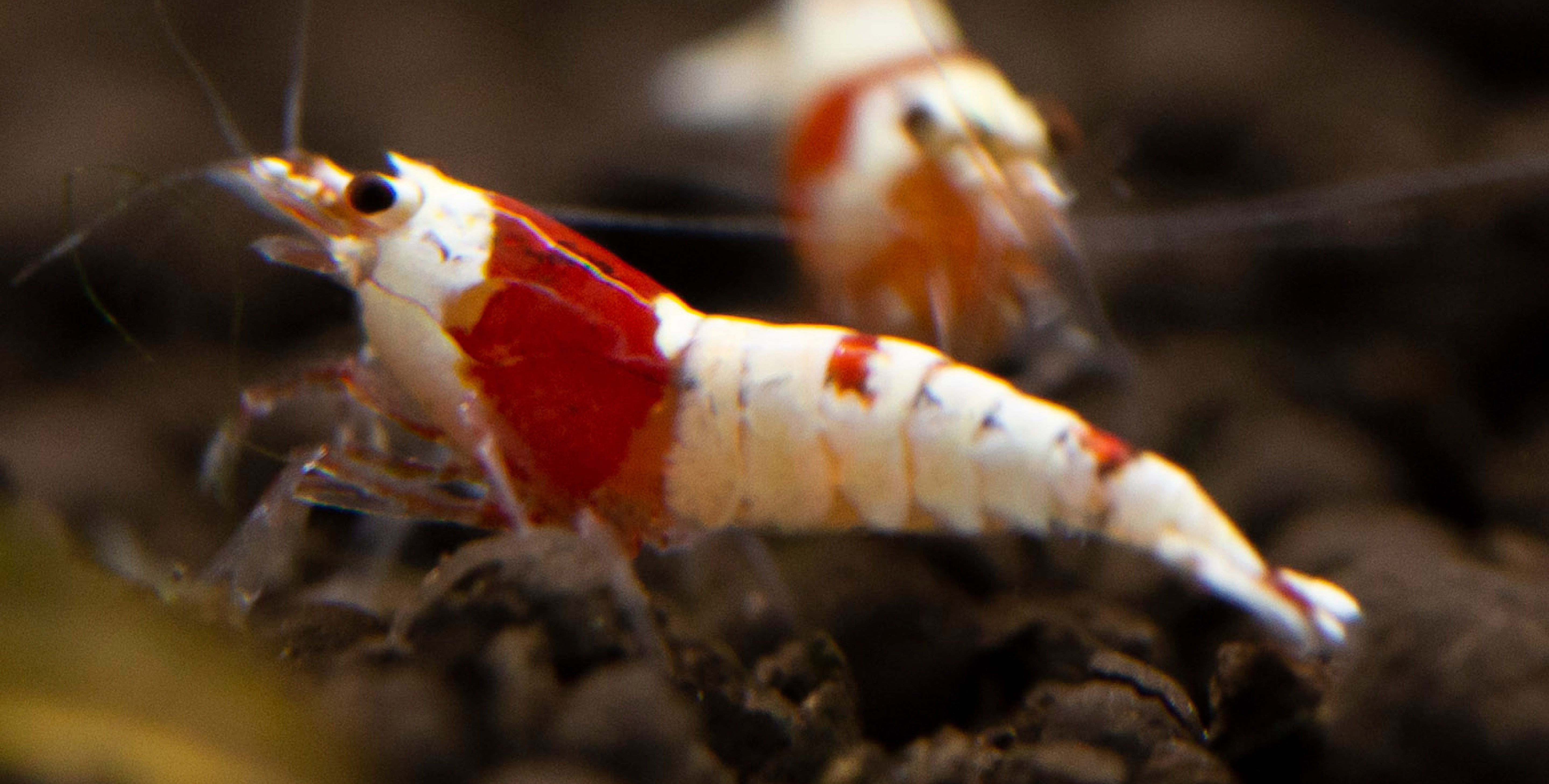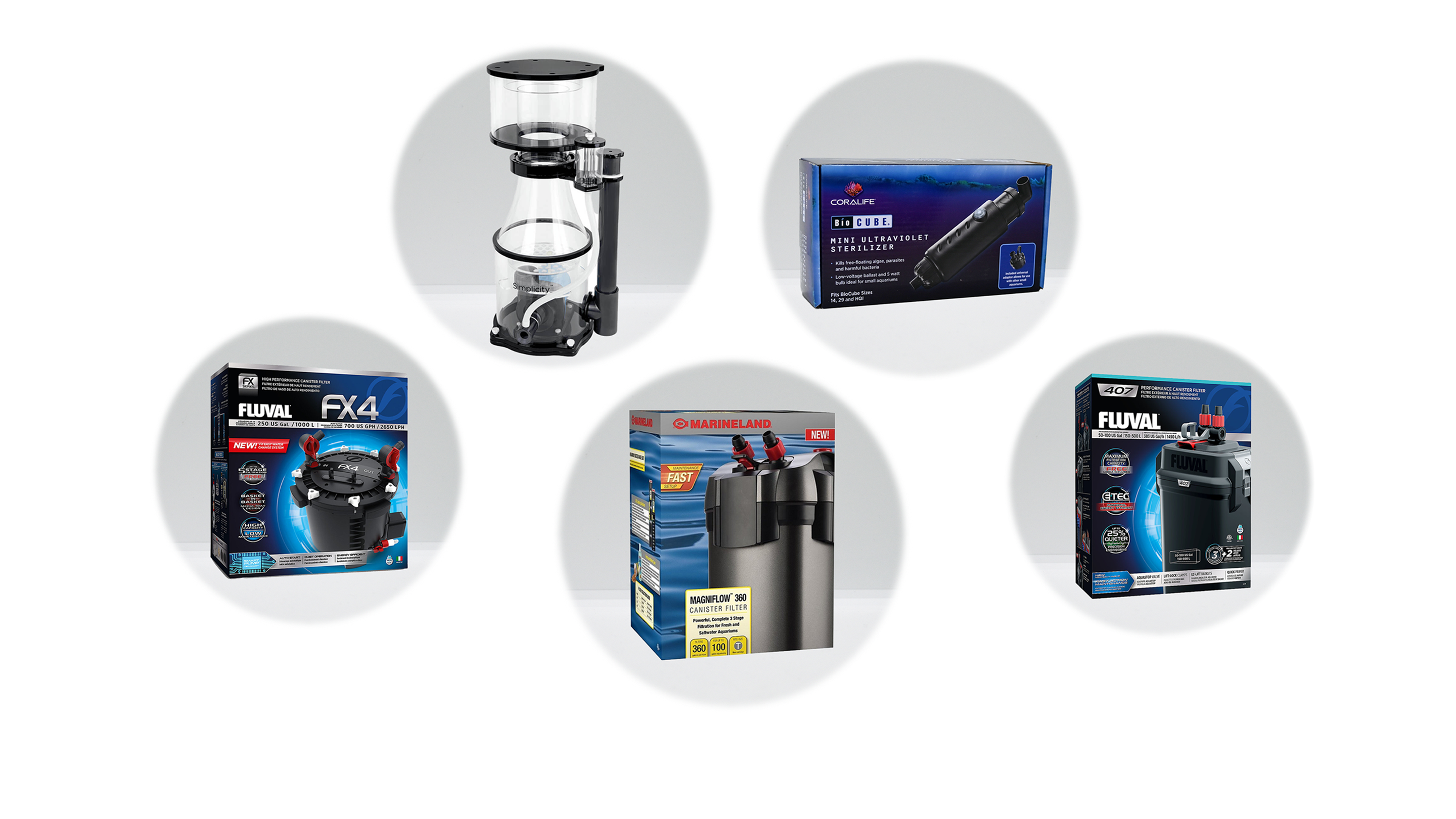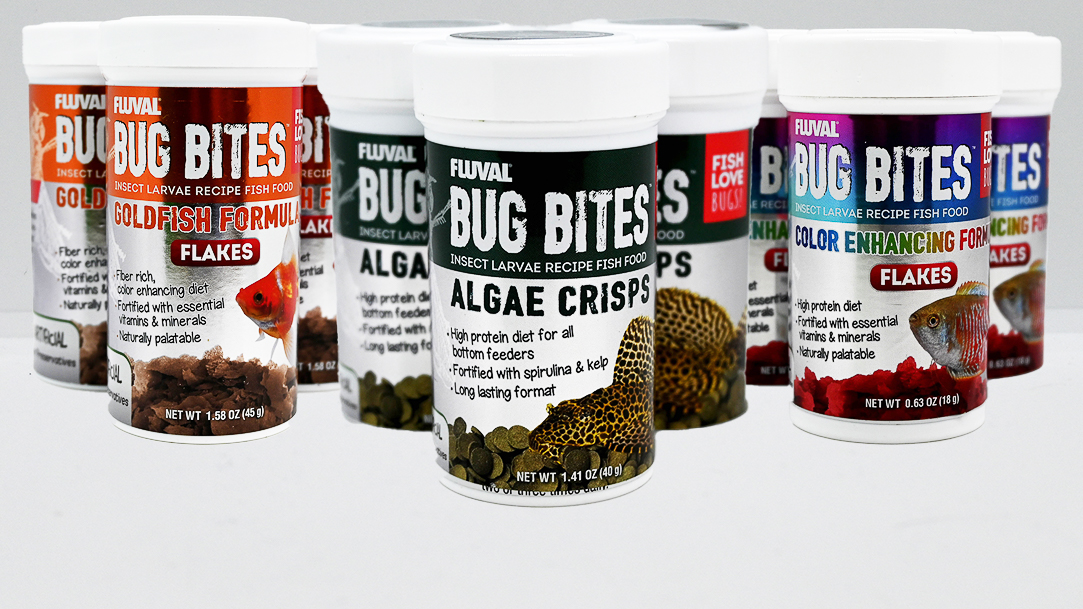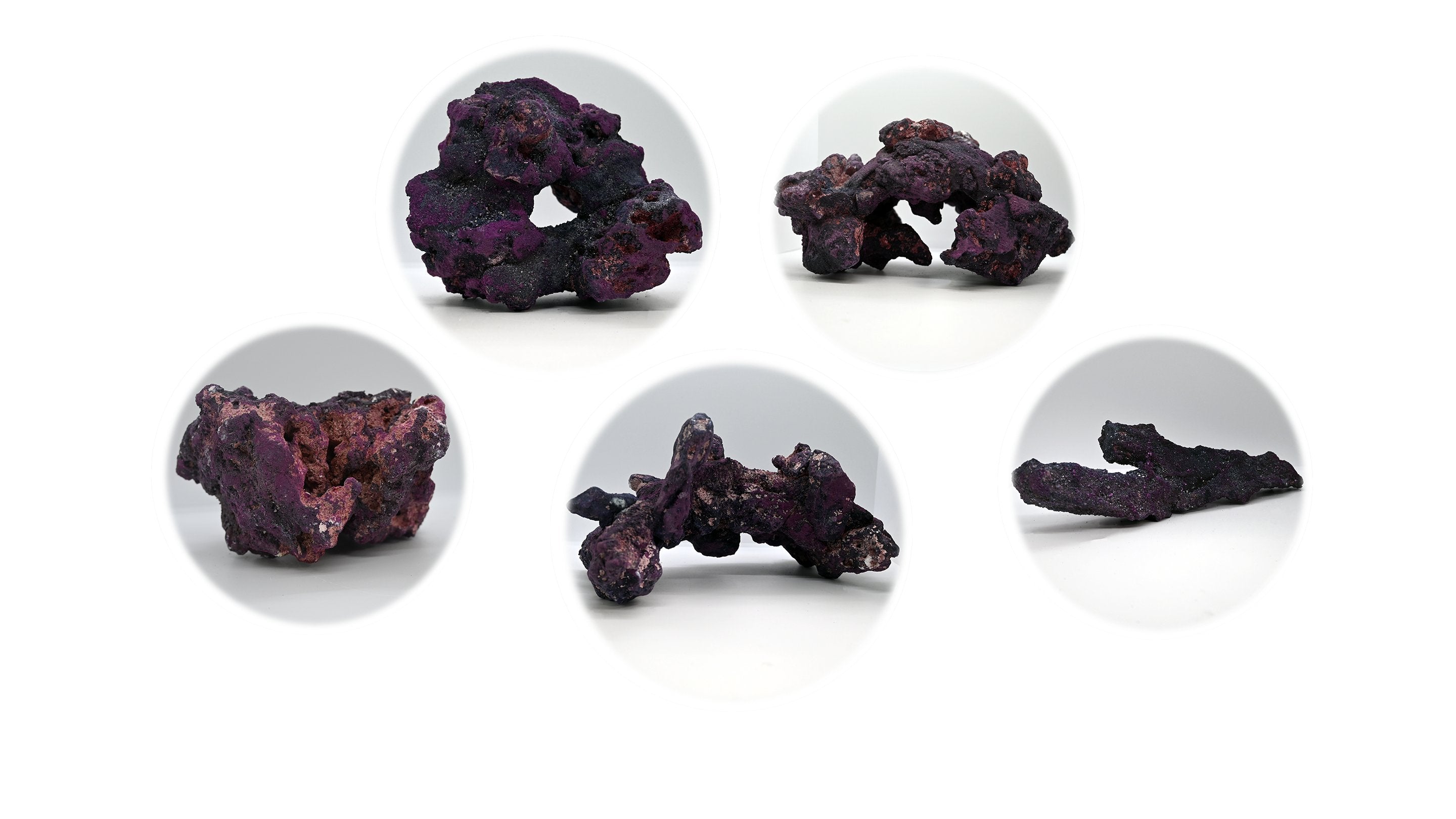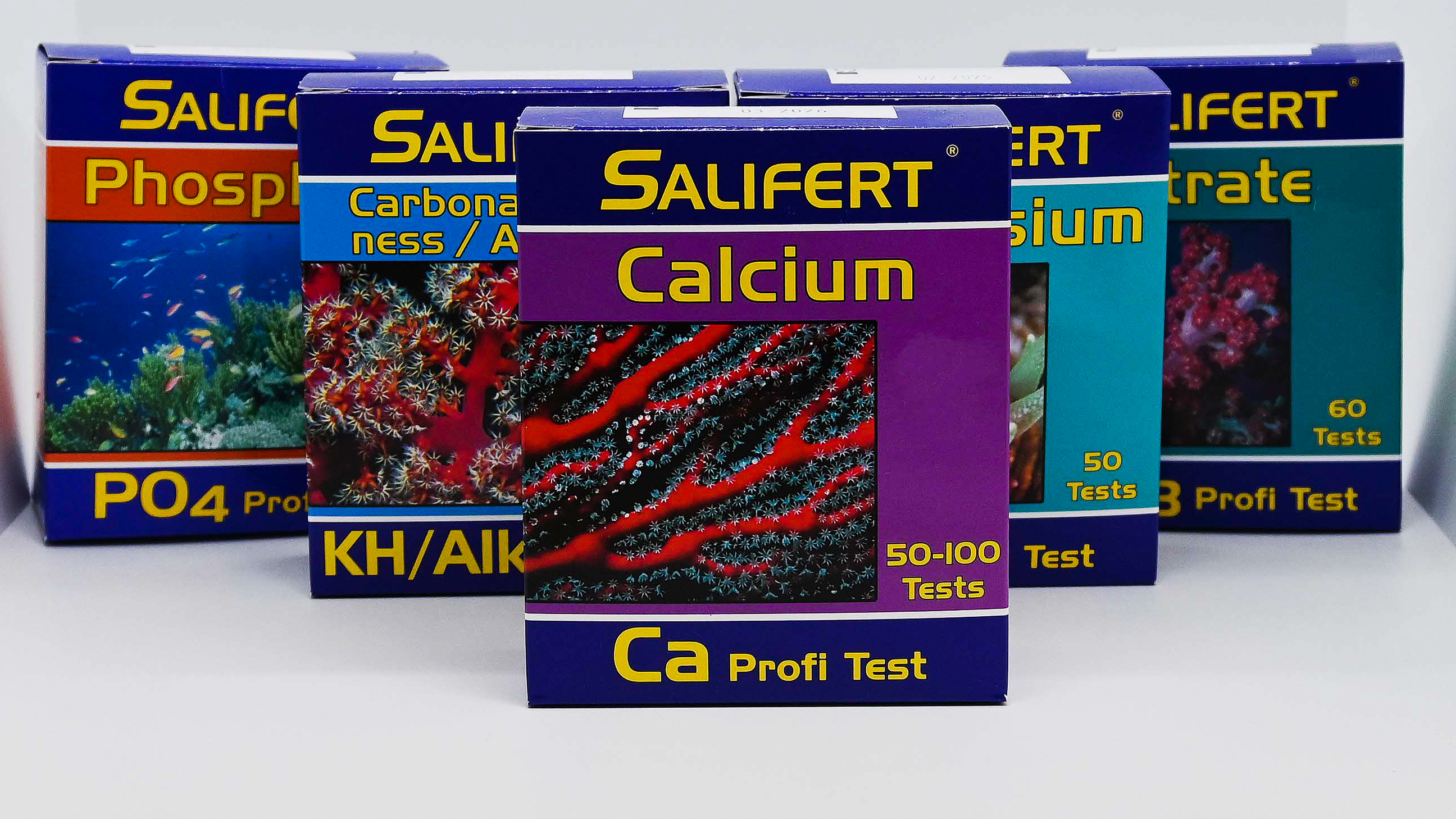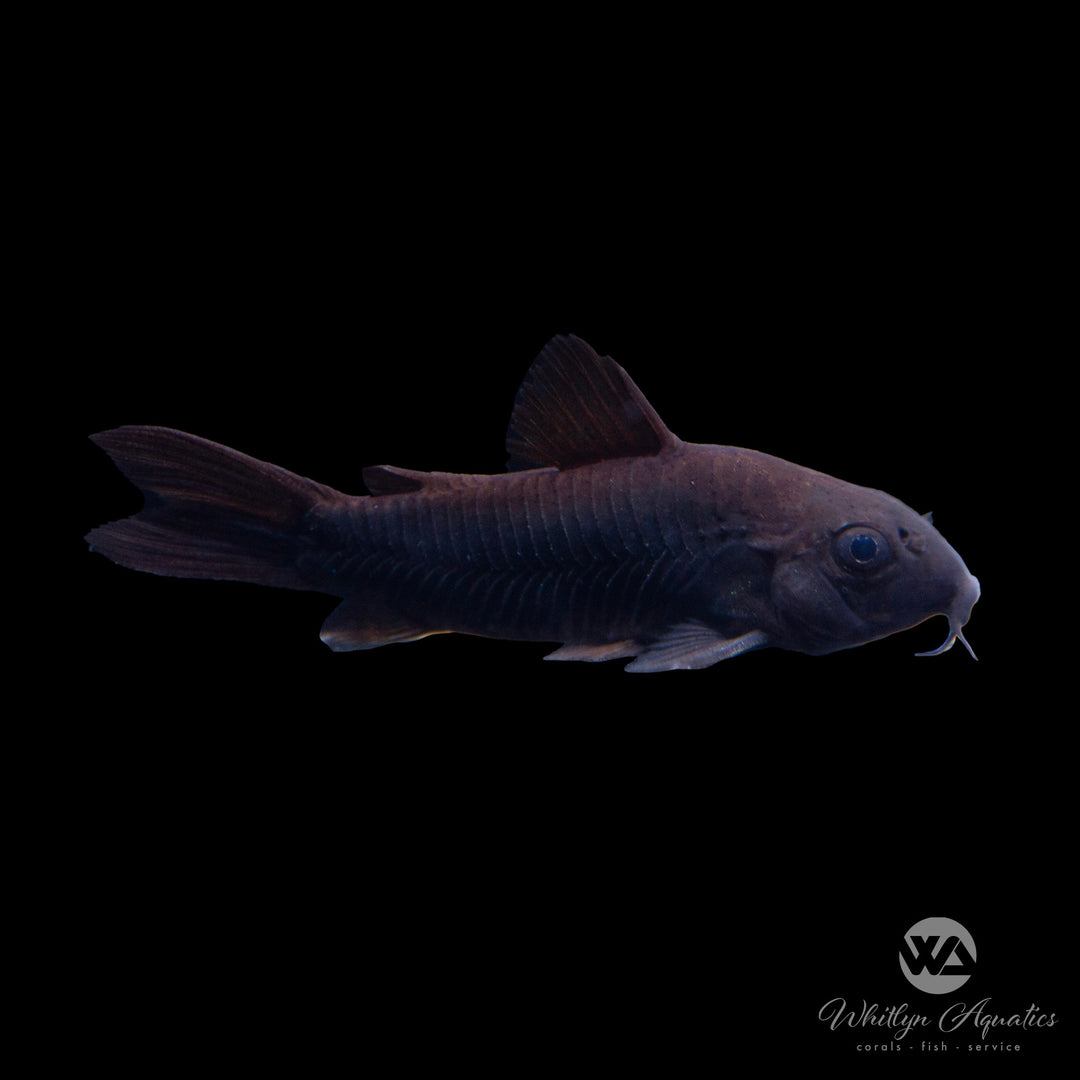
Black Venezuela Cory Catfish - Corydoras schultzei
- In stock, ready to ship
- Backordered, shipping soon
The Black Venezuela Cory Catfish (Corydoras schultzei) is a unique and striking variety of Corydoras, known for its deep, dark coloration that contrasts beautifully with other fish and décor in a freshwater aquarium. This hardy and peaceful catfish is perfect for both beginners and seasoned aquarists, bringing a dramatic flair to community tanks with its bold appearance and active nature.
Description:
• Common Name: Black Venezuela Cory, Black Cory
• Scientific Name: Corydoras schultzei
• Family: Callichthyidae
• Size: 2-2.5 inches (5-6.5 cm)
• Color: Dark black to charcoal gray, with subtle iridescent tones under bright lighting. The intensity of the coloration can vary based on tank conditions and diet.
Native Region:
Though selectively bred for its dark coloration, this variety is derived from Corydoras schultzei, which is naturally found in the waters of Venezuela, specifically in slow-moving rivers and floodplain areas.
Aquarium Setup:
• Tank Size: Minimum of 20 gallons (75 liters) to house a small group.
• Substrate: Fine sand or smooth gravel to prevent injury to their sensitive barbels, as they are bottom-dwellers that sift through the substrate.
• Aquascaping: Provide hiding spots with driftwood, rocks, and plenty of live plants. They enjoy shaded areas and will feel secure in a well-structured environment.
Water Parameters:
• Temperature: 72-78°F (22-26°C)
• pH: 6.0-7.5
• Hardness: 2-12 dGH, with preference for softer water conditions.
Care Level:
• Difficulty: Easy
• Diet: Omnivorous; they thrive on a diet of high-quality sinking pellets, algae wafers, and occasional treats like bloodworms, brine shrimp, or daphnia.
• Behavior: Peaceful and social; best kept in groups of at least five to promote natural behaviors and prevent stress.
Additional Tips:
• Tank Mates: Great companions for other peaceful species, such as tetras, rasboras, and dwarf cichlids. Avoid larger or aggressive fish that may intimidate or harm them.
• Oxygenation: Moderate water flow and good oxygenation are essential, as Corydoras prefer well-aerated environments.
• Substrate Care: Clean substrate regularly to prevent any buildup of waste, as these bottom-dwellers are sensitive to poor water conditions.


